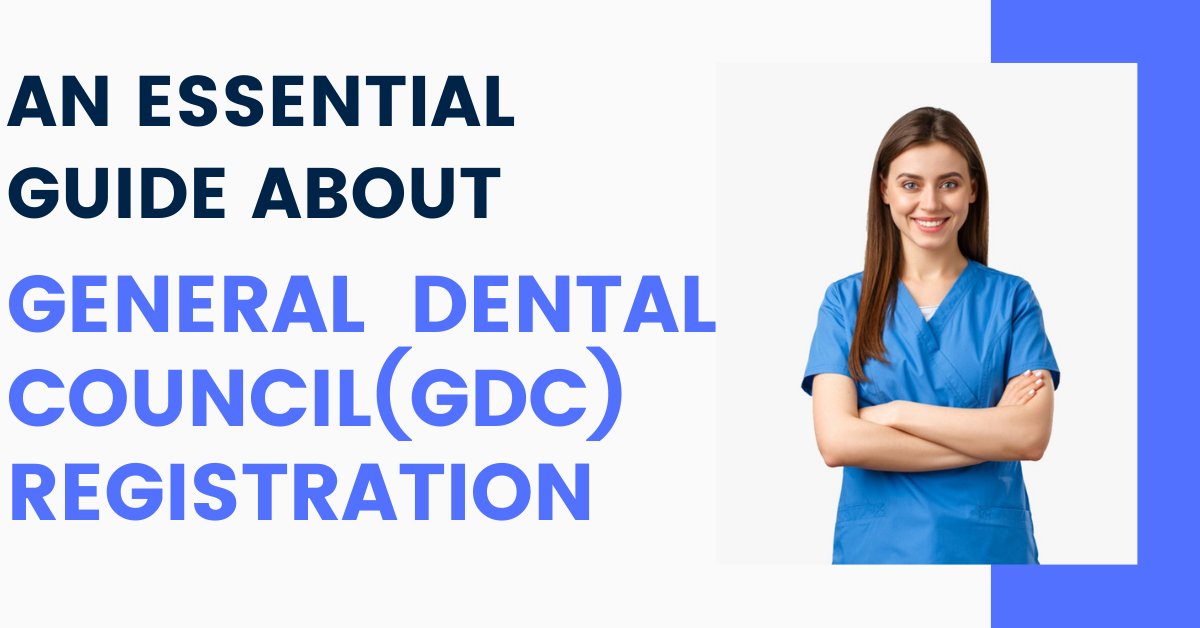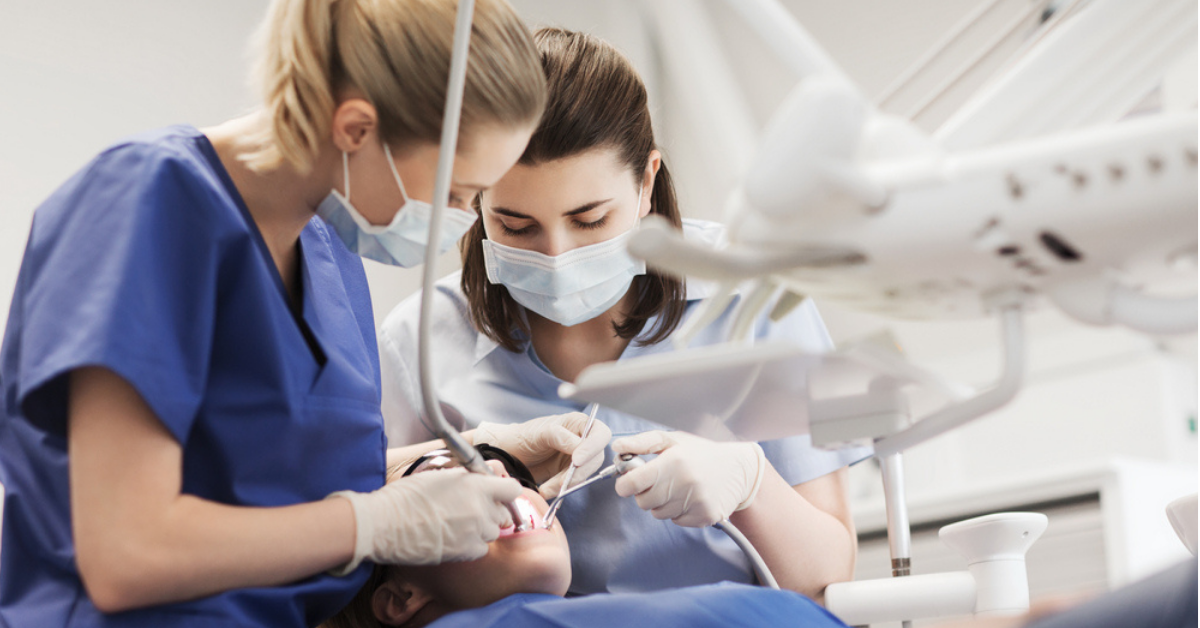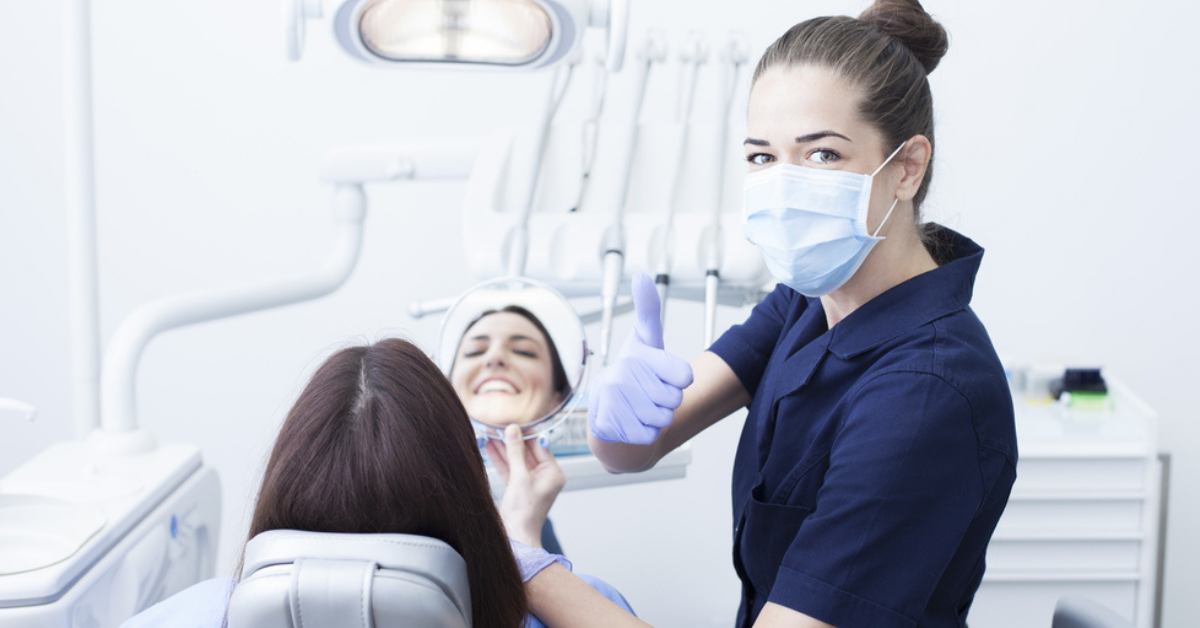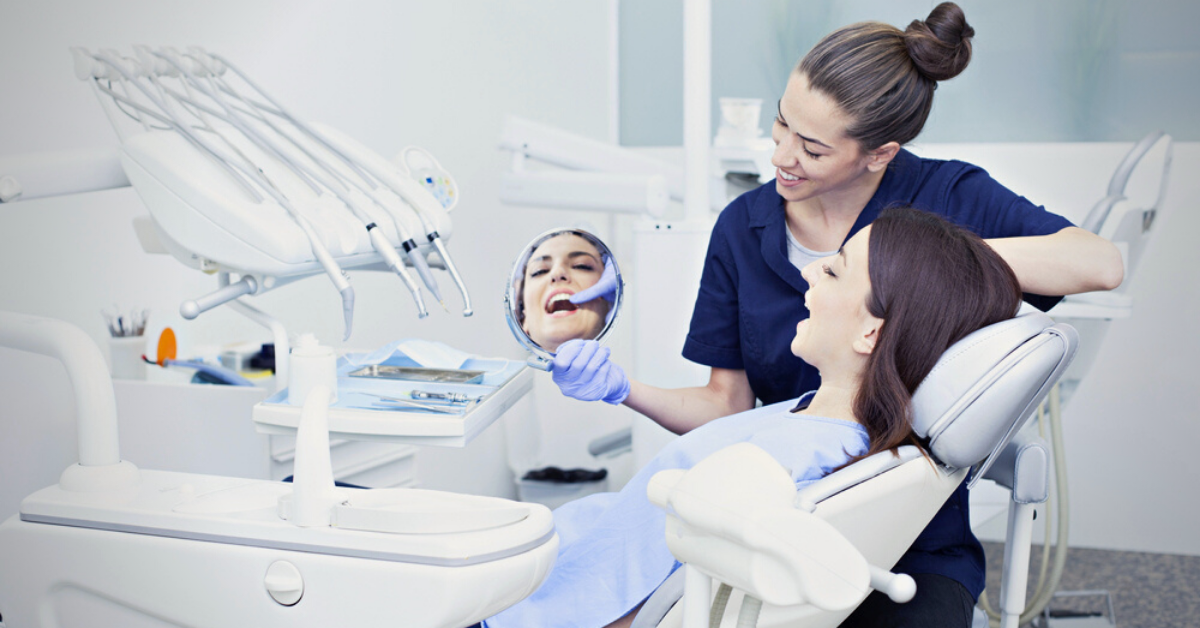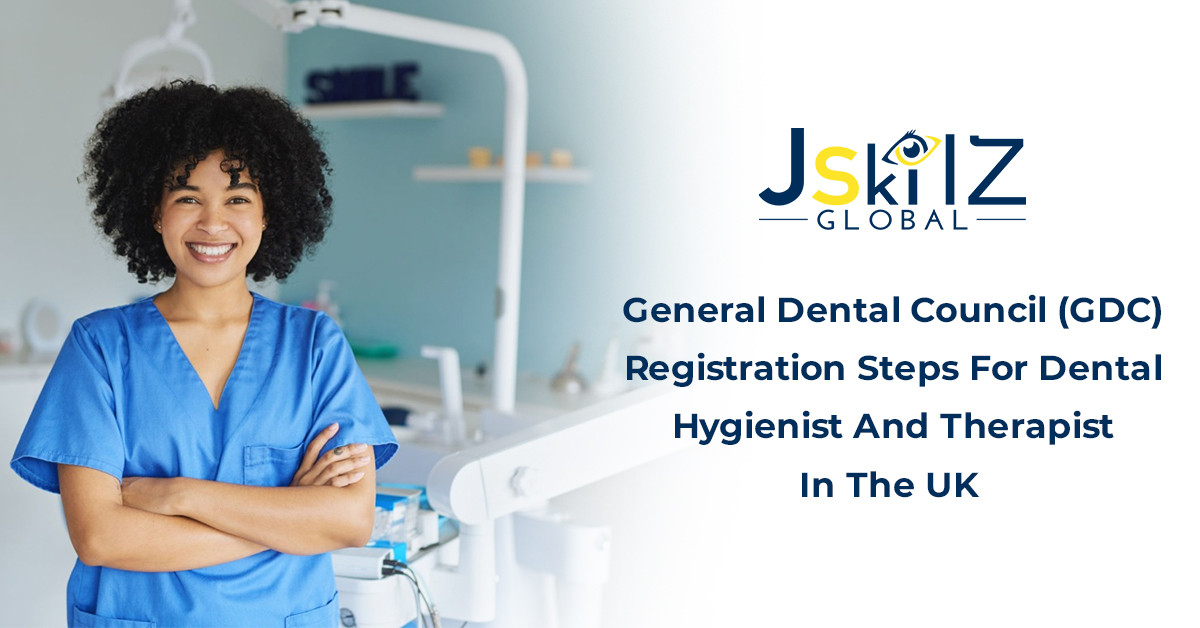Everything You Need To Know About Orthodontist Dentist, Specialist And Therapist
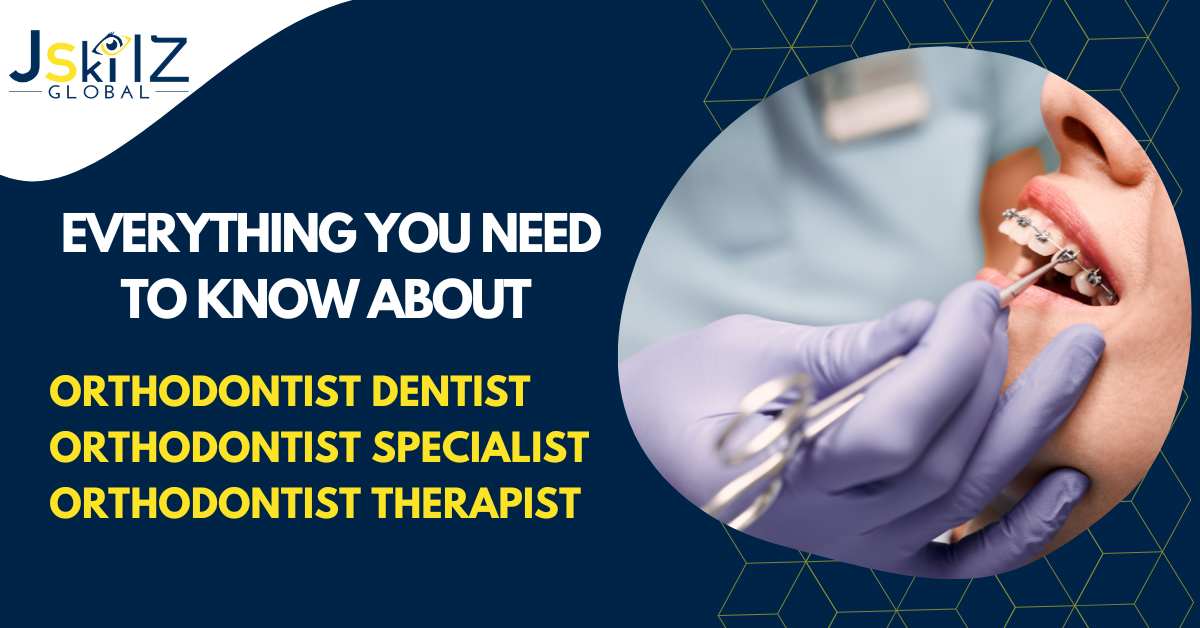
What Is An Orthodontist Dentist:
An orthodontist dentist is a dental professional who has the responsibility of improving face smile and alignment of protruding or crowded teeth. He is also responsible to correct issues with the bite of teeth. Orthodontist Dentist is different from the Dental Therapist and Graduate Dentists having no specialization in any particular field.
People mostly confuse in the difference between a normal dentist and an orthodontist. Often, they doubt whom to consult with when having crooked teeth or wanted a regular dental health check-up. By the end of this article, you will be crystal clear about the orthodontist dentist and other dental professionals.
How Orthodontist Dentist Differs From Orthodontist Therapist And Specialist Orthodontist?
Orthodontist Dentists are generally assisted by an Orthodontic Therapist. They are the registered members of the dental team. They assist dentists/orthodontists in carrying out orthodontic treatment and provide some aspects of the treatment themselves.
An orthodontist who has taken specialization in any one speciality is Specialist Orthodontist.
Roles And Responsibilities Of An Orthodontist Dentist:
An orthodontist dentist is trained to detect, prevent, and treat the issues of jaw and teeth irregularities. They treat current problems and are also knowledgeable enough to recognize problems that might arise in the near future. Orthodontists assist wide age groups ranging from children to adults.
Orthodontists employ removable and fixed dental appliances like retainers, braces, and bands, to alter the positioning of the teeth in the mouth. They treat dental issues which include:
• Too many teeth or ones that are not close enough
• Jaw misalignment
• Straightening crooked teeth
• Improved speech
• Aligning the teeth tips
• Closing large gaps between teeth
• Underbite or overbite problems
• Improving your gums' long-term wellness as well as the health of teeth
• To prevent long-term wear and dental trauma
The aim of orthodontic treatment is to improve the patient's bite. Teeth that are even and straight will be aligned with teeth that are opposite within the jaw. A healthy bite is a guarantee that you can chew, eat and speak with ease. Few decades earlier, people visit to an orthodontist generally in the childhood or in their teens who required braces, but orthodontists are able to correct dental issues at any time of age.
Also Read > How To Become A Dental Nurse | Step BY Step Guide 2022
How You Can Become An Orthodontist Dentist- Education And Training:
The majority of orthodontists choose a pre-dentistry or pre medical majorly in their undergraduate degrees prior to matriculating into dental school. After finishing dental school and passing the exam to become certified, dentists enrol in an orthodontic residency program for two to three years to obtain a specialization certificate in orthodontics.
In accordance with the American board of orthodontics, orthodontists are able to practice after passing additional certification examinations. Orthodontic residency programs provide intensive and focused training for dental professionals. They are focused on two areas:
• Orthodontics how to safely and effectively move teeth
• Dentofacial orthopaedics how to help the development of the jaw, teeth, and the face
Orthodontist Dentist Scope In United Kingdom:
The whole UK has an abundance of opportunities in orthodontics. Here, several posts are available for anorthodontic specialty training registrar. The program runs fully-time for three years and at the end of it, students are awarded with a degree at the masters or doctorate level.
Training can be conducted in hospital departments that are connected to dental schools that are recognized. The issuance of a certificate of completion of specialty training (CCST) permits an orthodontic specialist to become recognized by the General Dental Council (GDC).
An Orthodontic Specialist may offer treatment in an established primary care environment, however, to work in an institution as an orthodontic consultant, more advanced training is needed as a post-ccst graduate. For a job in the university, as an academic advisor conducting research towards obtaining the Ph.D. Is required as well.
How Much Does An Orthodontist Dentist Earn In UK?
The income varies upon the location of your treatment. In south of UK, one can earn £ 35-40 while in north of UK it is approx. £ 20-30. An experienced orthodontist therapist earns definitely much more than a fresher.
Technology Used By An Orthodontist Dentist:
It is a field of dental technology focused on the design and manufacturing of dental devices to treat malocclusions. They could result from teeth irregularity, jaw-to-jaw relationships or either. There are three primary types of orthodontic devices including passive, active and functional. Each of these kinds can be removed or fixed.
First Move Of An Orthodontist Dentist?
Prior to treatment it's often the dentist who first notices misaligned teeth during a routine exam. If your back teeth don't come together properly, the dentist may suggest you see an orthodontist.
During your first orthodontic consultation, you'll likely undergo:
• An oral exam
• Photos of your face and smile
• Dental x-rays
• Panoramic (360 degree) x-rays of the face and head
• Impressions to create molds of your teeth or making plaster models
These tests will inform your orthodontist on how to proceed with your treatment and what orthodontic interventions are best for you.
What Are The Major Differences Between A Dentist And An Orthodontist Dentist?
Orthodontists and dentists are doctors that specialize in dental health care. Dentists who are trained in general dentistry are educated to recognize and treat ailments of your teeth, gums tongue, and mouth.
Orthodontists also get this training however; they receive further education to be specialized in the diagnosis and treatment of problems with your teeth and jaws.
| Dentist | Orthodontists | |
| Dentists VS Orthodontists |
Dentist are doctors of oral health. Typically, dentists go to college for a pre-dentistry or pre-medical degree before going on to a graduate school of dentistry. |
Orthodontists are also doctors of oral health. Technically they're a kind of dentist with a speciality in tooth and alignment. |
| Different Roles Of Orthodontist That Differs From A Dentist |
Conduct and interpret dental X-Rays Fill Cavities Extract Teeth Repair Cracked Teeth Promote Oral Health And Oral Hygiene Fill And Bond Teeth Treat Gum Disease, Such As Gingivities Prescribe Treatment, Including Prescription Drugs, For Oral Health Conditions Whiten Tooth Install Crown Or Veneers Oversee The Development Of Children's Teeth Perform Oral Surgery |
Supervise Facial Growth (Jawline And Bite) In Children Diagnose And Treat Misaligned Teeth And Jaws (Malocclusion) Create A Treatment Plan That Includes Braces And Retainers Perform Teeth Straightening Surgery Install Dental Appliances, Such As Braces, Palatal Expanders, Orthodontic Headgear, Or Herbst Appliances |
Types Of Treatment Provided By The Orthodontist Dentist:
Orthodontist uses braces that correct the alignment of teeth. Your specific treatment plan will be based on the issues in your teeth.
In a few instances, you might need wear headgear, or even have pins temporarily inside your jaw and wearing braces. If you have teeth that are close, causing them to overlap or twist it is possible to have a few teeth removed as part of the treatment.
The duration of treatment depends on how complex the issue is, however, it's typically between 18 to 24 months. Once treatment is complete the patient will have to wear a brace for retaining. It's usually removable and must be worn in the night to maintain your teeth in their new positions.
The typical timeframe for these is at least 12 months. However, your dentist will give you advice. Sometimes, a small wire could be permanently fixed to your teeth to hold them in the correct position.
Orthodontics Treatment In NHS:
NHS orthodontics are free for patients who are under 18 who are in clear need to receive treatment. However, due to the high demand for treatment, there may be a lengthy waiting list.
A system of rating known as"the index of orthodontic treatment need” (IOTN) is used to determine eligibility to receive NHS treatment.
NHS treatments are available to grades 4 and 5 cases. Cases in grade 3 will typically determine in a way that is individual. NHS treatment could also be available if the appearance or appearance of your jaw, teeth or facial features are of concern.
Orthodontics’ Advice On How To Take Care Of Your Teeth:
• The most frequent complication associated with orthodontics is the appearance of white spots on the teeth which can be a indication for tooth decay. It can occur due to acid being produced by plaque that builds up on the teeth and in the area around your brace.
• Cleaning your braces and teeth can be time-consuming but it's essential to keep permanent marks off your teeth after the brace is taken off.
• A lot of people who wear appliances have difficulty to maintain their gums and teeth well-maintained, which is why extra cleaning is required to keep them clean during the treatment.
• Your dentist might suggest toothpaste with a high concentration of fluoride, or mouthwash that is fluoride-rich, to lower the risk of developing tooth decay. Also, try to stay clear of sugary foods and drinks with fizzy content.
Orthodontist Appliances:
Orthodontic treatment uses appliances to correct the position of teeth.
The 4 main types are:
Fixed Braces:
Braces that are not removable are comprised of brackets. That are fixed onto the tooth's surface, and connected by wires. Fixed braces are typically made of metal, and they'll be visible in front of the teeth. Private orthodontists often offer clear or ceramic braces or braces made of metal that are fitted to the rear of the teeth, however, they are typically more costly.
After a few days, after a brace that is fixed has been installed, you'll be allowed to eat a variety of food items. However, it is advised to be careful with certain drinks and foods that contain toffee hard sweets, and fizzy drinks because they can cause damage to the appliance as well as your teeth.
Braces That Can Be Removed:
Typically comprise of made of plastic, these plates protect the top of the mouth and attach to a few teeth. These can only be used for very restricted tooth movement
Functional Appliances:
Functional appliances can be utilized to treat problems related to the jaw's position. And lower jaws as well as teeth. The majority of people wear them continuously.
It is crucial to follow the instructions of your dentist on how to wear the device. If the appliance isn't worn correctly it won't perform as it should. It is possible to take your appliance out of use to clean it and also when you're eating.
Headgear:
Is utilized to correct the alignment on the rear teeth, or to maintain them in their place as treating the teeth in front.
The majority of people require headgear during the evening and in the evening. You won't be able to drink or eat while wearing headgear.
Best Medical Professional Recruitment Consultancy – JskilzGlobal
Jskilz Global is a leading medical professionals recruitment consultancy. It recruits the talent all across the globe and place the professionals in their dream location i.e., in NHS, UK. If you are already an orthodontist you can send your query for the recruitment directly. If you are an undergraduate and you are looking for any type of guidance, then also you can send your query at info@jskilzglobal.com Jskilzglobal’s expert team will help you out at every single step.
To check current job openings, Click Here and Post your Medical CV Click Here!
Click Here to join our Official Facebook Group for timely updates on Healthcare Jobs opportunities UK/UAE.



